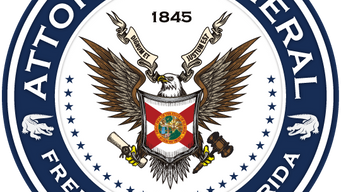The Hungarian Competition Authority (HCA) has launched a market investigation in order to analyze specific market developments relating to the application of digital comparison tools (websites and mobile-applications) and their effects on the decision making of consumers.
It is generally accepted that digital comparison tools contribute to transparency and consumers making more informed decisions. This, in turn, increases competition in the market. As part of delivering on its mid-term digital consumer protection strategy, the HCA has recently started investigating the actual market effects of these tools.
Within the framework of this analysis, the HCA will primarily make use of publicly available market information, voluntary consultation submissions, and responses to requests for information obtained from market players. Based on this fact-finding exercise and subsequent analysis, the HCA will prepare a report to be published on its website – expected to be released in the beginning of 2020.
In addition to assessing consumer expectations, habits and experiences in relation to the use of digital comparison tools, the HCA will concentrate on assessing the following:
- to what extent the operators of these tools are aware of the legal requirements concerning fair commercial practices towards consumers and the degree to which they comply with these requirements;
- how and why these tools have changed in terms of their content and appearance;
- what business models drive them; and
- the types of communication activities carried out by their operators.
In its press release announcing the investigation, the HCA emphasizes that consumers must be appropriately informed when using these tools. To this end, operators must provide in particular:
- truthful information relating to the compared prices and the characteristics of the products;
- the criteria that are taken into account when comparisons are made and classifications are determined;
- how consumers’ data are used as part of the business models of the operators; and
- the identity of the digital comparison tool operator in question.
Focus will be on sectors where consumers may experience high search costs, where such tools are extensively applied by consumers, where there are few competing tools on the market, and where the comparison services are accompanied by intensive communication. In practice, this means that comparison tools in the areas of retail trade, accommodation reservation and travel services, as well as in financial and insurance services will have initial priority in the investigation. Therefore, it is advisable for operators present in Hungary – especially those present on the above-mentioned markets – to review their operations based on the above principles and applicable legal norms.


/Passle/5ca769f7abdfe80aa08edc04/SearchServiceImages/2026-02-18-13-55-24-269-6995c4cc406a38553e73fa18.jpg)
/Passle/5ca769f7abdfe80aa08edc04/SearchServiceImages/2026-02-18-13-48-22-265-6995c32629367800ecef3cab.jpg)
/Passle/5ca769f7abdfe80aa08edc04/SearchServiceImages/2026-02-18-13-45-27-239-6995c2779c19591623179394.jpg)
